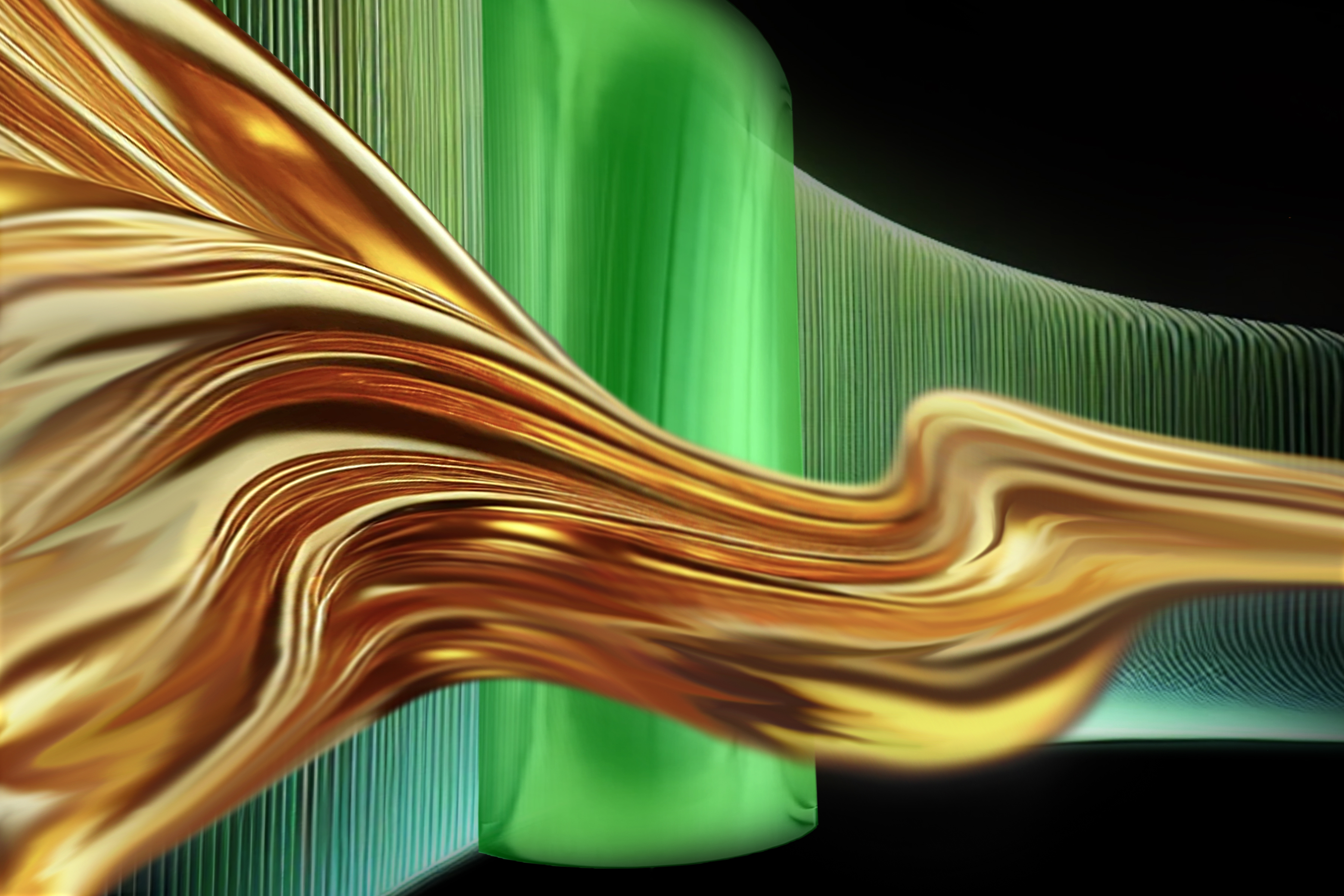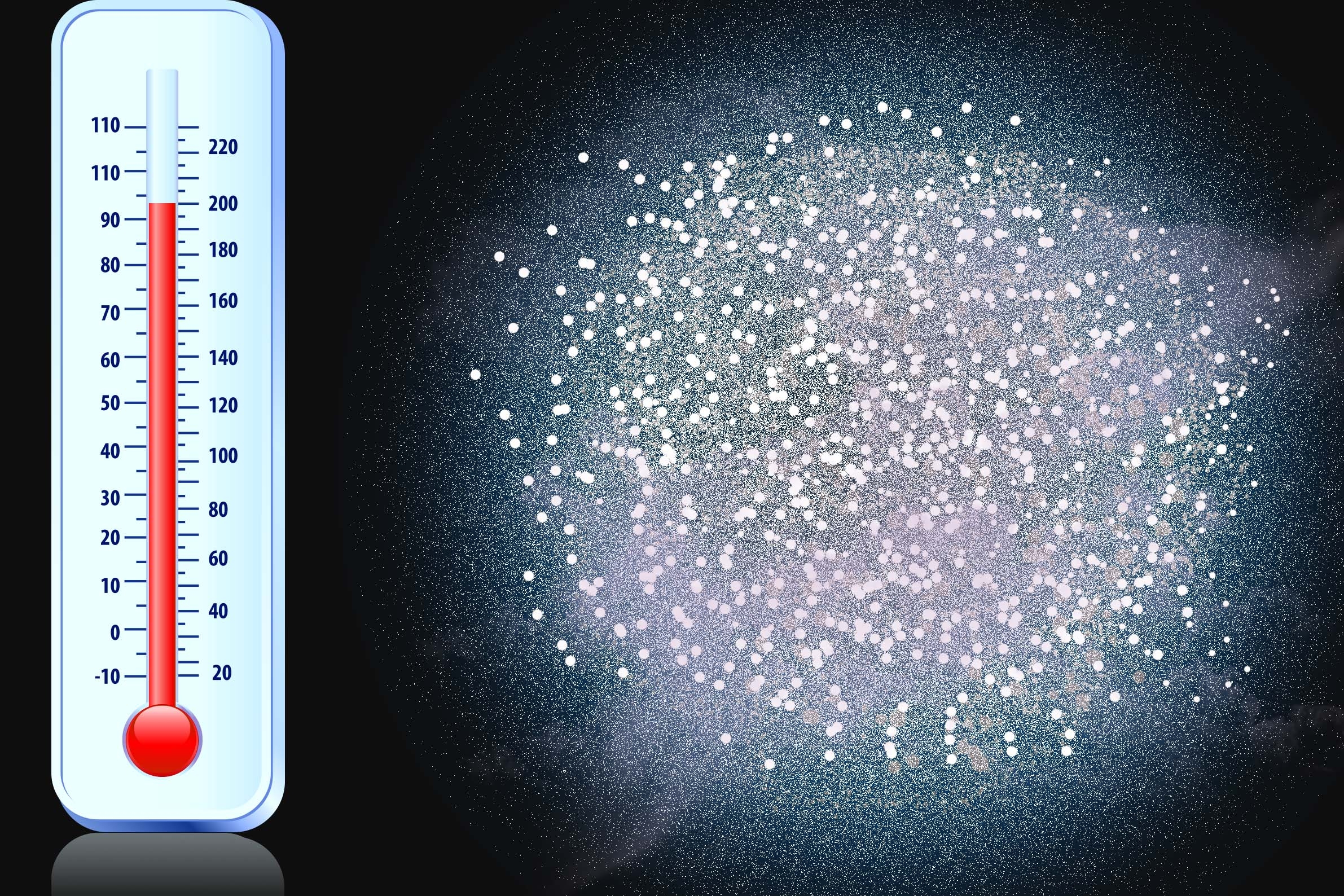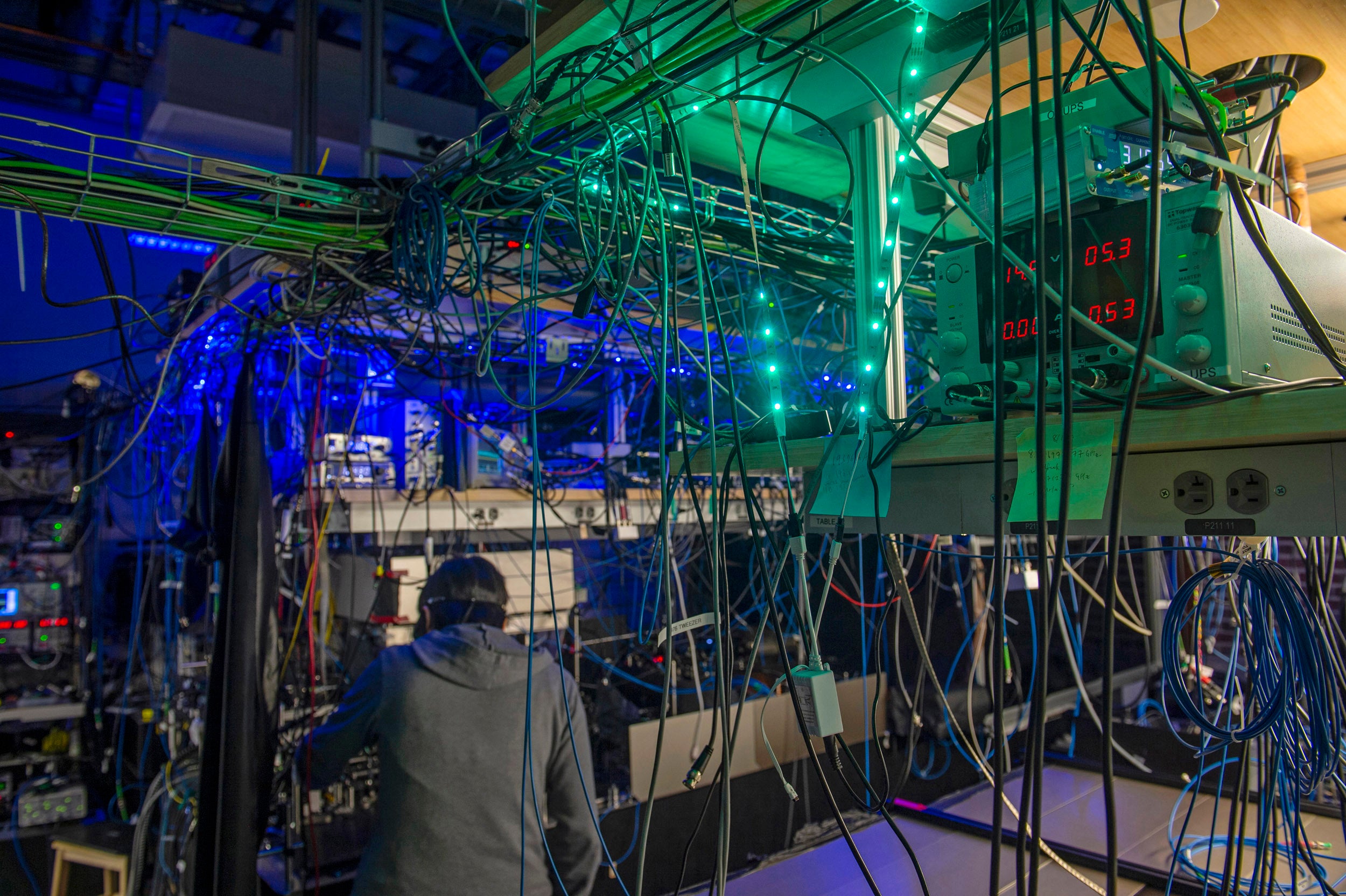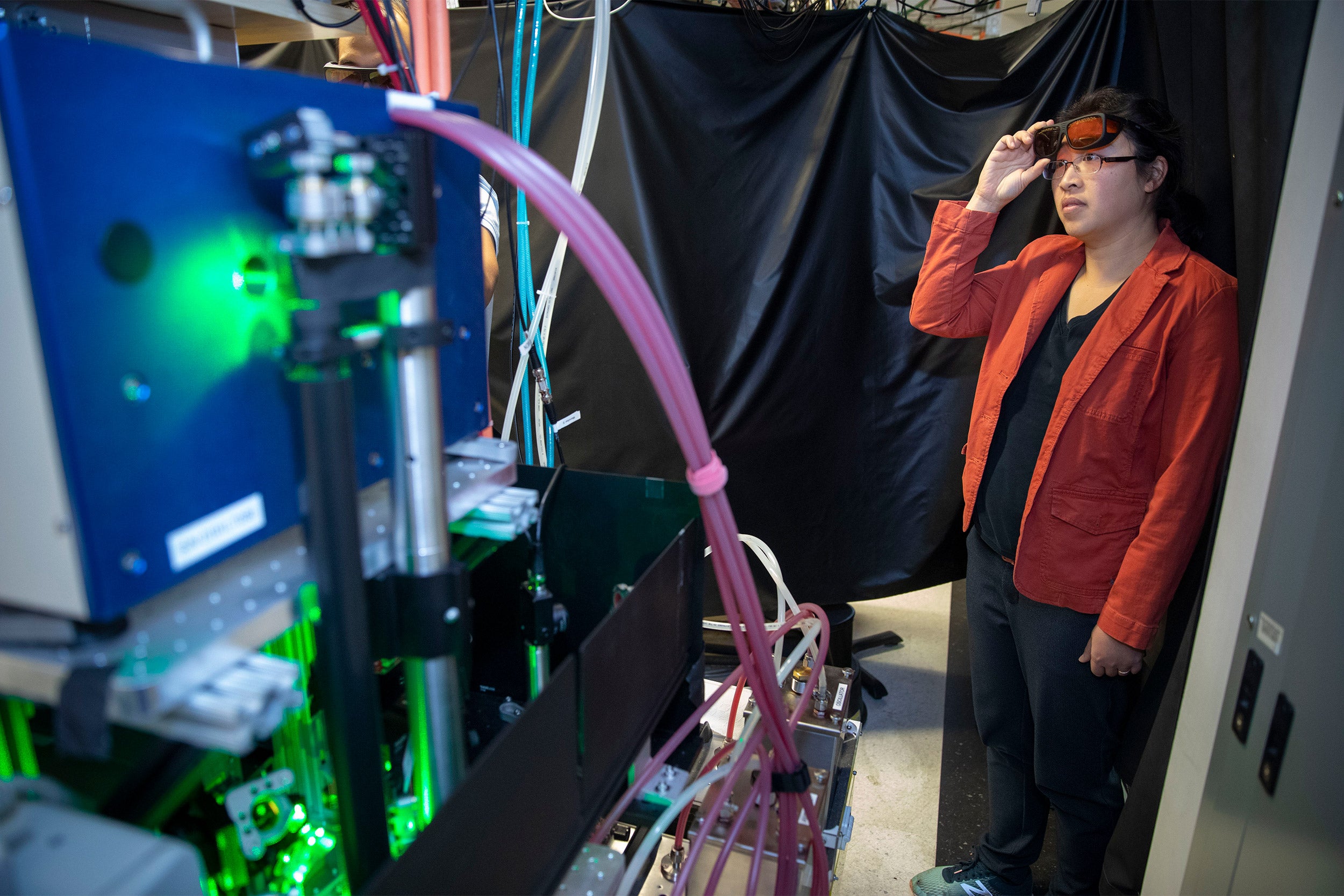Researchers design new experiments to map and test the quantum realm
Professor Kang-Kuen Ni and her team have collected real experimental data from an unexplored quantum frontier, providing strong evidence of what the theoretical model got right (and wrong) and a roadmap for further exploration into the shadowy next layers of quantum space.
May 19, 2021 • ~7 min
Ultracold environment offers a first look at a chemical reaction
Harvard researchers have performed the coldest reaction in the known universe by capturing a chemical reaction in its most critical and elusive act.
Dec. 20, 2019 • ~5 min
Harvard scientists use optical tweezers to capture ultracold molecules
Using precisely focused lasers that act as “optical tweezers,” Harvard scientists have been able to capture and control individual ultracold molecules – the eventual building-blocks of a quantum computer – and study the collisions between them in more detail than ever before.
Oct. 2, 2019 • ~6 min
MIT team creates ultracold molecules | MIT News
At near absolute zero, molecules may start to exhibit exotic states of matter.
June 10, 2015 • ~13 min
/
1






